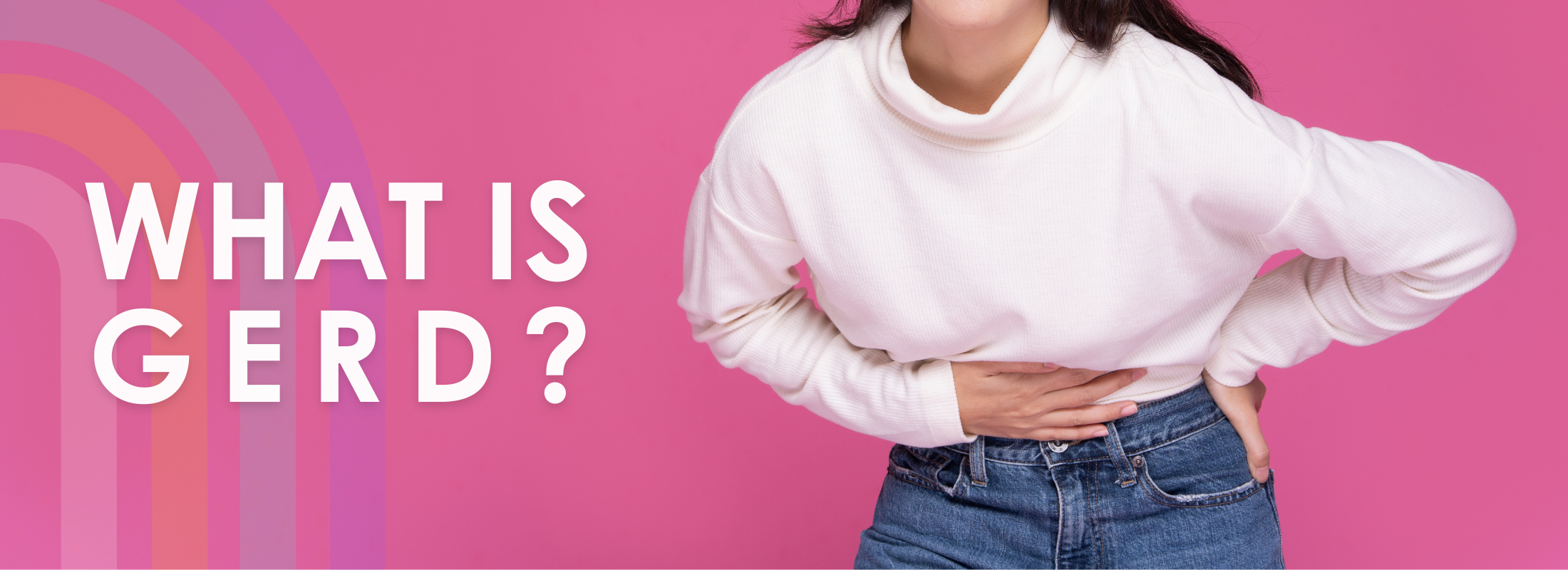
Table of Contents
GERD is the abbreviation of gastroesophageal reflux disease, and affects people of all ages for a variety of reasons. If you often taste stomach acid in your mouth after a meal, or experience excessive burping, you may have GERD. When is it time to see a professional about it?
Symptoms of GERD
- Tasting your food again after eating, also known as acid regurgitation
- Difficulty or pain when swallowing
- Excess saliva
- Chronic sore or hoarse throat
- Chronic coughing
- Inflamed gums & cavities
- Chest pain, in which case go to the emergency room immediately.
Asthma plays a large role in GERD, even though they seem to originate from entirely different systems within the body. GERD and asthma can trigger each other, as the effects of GERD can irritate breathing airways increasing their sensitivity. Asthma flare-ups cause the barrier called our esophageal sphincter to relax, and that’s when stomach acid makes its way back up causing irritation and gas.
Managing GERD and Asthma
- Limit meal sizes. Overeating will repeatedly weaken your esophageal barrier, worsening your symptoms and causing damage over time.
- Eat dinner 3 or more hours before laying down or going to sleep. Food cannot travel down to the stomach if you are not upright.
- Limit acidic foods such as tomato-based products, citrus, chocolate, carbonated beverages, and spicy foods.
- Foods high in lower-quality fats and oils such as fried food, pizza, fatty meats, and potato chips should also be avoided.
- Choosing foods with fiber, or foods that consist of mostly water such as cucumber, watermelon, brothy soups, and leafy vegetables are a good contribution to anyone’s diet but especially those managing GERD.
- Foods and over-the-counter antacids with magnesium are super effective in neutralizing stomach acid. Some foods high in magnesium: Pumpkin seeds, almonds, cooked spinach, cashews, black beans, yogurt, chia seeds, and soy milk.
- If you smoke or drink alcohol, consider reducing or quitting as it contributes negatively to all facets of GERD.
- Elevate your pillow when you go to bed so that acid can’t flow back up your esophagus.
Our Urgent Care Center can help diagnose and treat your GERD with an X-ray, as well as other methods our providers see fit. If left untreated, GERD can do serious permanent damage to your esophagus, leading to ulcers or cancer. Don’t wait for relief, we’re here for you 7 days a week.
© Excel Urgent Care and Affiliates 2023
Reference Sources:

